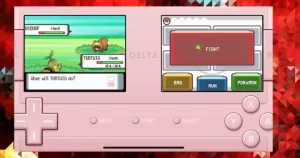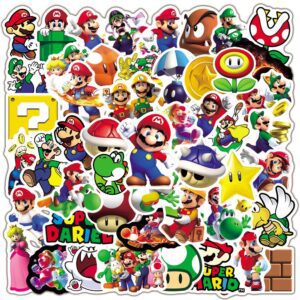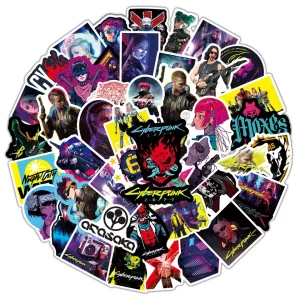League of Legends is among the most famous games worldwide, with over 27 million active players and counting. However, it can be quite overwhelming for those who have never played a multiplayer online battle arena (MOBA) game since many players in the group already expect you to know how to play the game. So, if you are looking for a simple way of learning the game’s basics, kindly read further:
Study the League’s basic principles
There are many main gaming elements that you will need to know before jumping into a game:
Aim – The goal in most League maps is to destroy the enemy team’s foundation (referred to as the “Nexus” in-game).
- Enemies – There are two critical types of in-game enemies: minions, AI-controlled bots, and player-controlled champions. Turrets, which auto-attack enemies and monsters that inhabit the map, are also available. Destroying monsters for a short period gives the squad bonuses.
- Champions: Champions are bought with in-game money, but there are a few free champions that can be used by new players each week.
- Lanes: Lanes are a diagram of roads. Usually, there are three lanes, top, middle, and bottom, and a Jungle area that fills the gap between the various routes. Typically, champions stick to a lane at the start of the game.
- XP: You gain experience (XP) destroying other champions, minions, turrets, monsters, and so on, as well as achieving in-game goals. XP boosts your character’s skills; in a game, you can rank up to as high as level 18.
When a new game begins, all levels are reset.
Understand the distinct kinds of champions
Various champions are adapted to multiple positions. Six key types of champions are in the game:
- Mage or APC: Attacks within range. Poor health, inadequate defense, increased damage.
- Marksman or ADC: Ranged, non-magic attacks, poor health, poor defense, increased damage.
- Tank: Melee attacks, increased health, more excellent defense, low damage.
- Fighter: Melee attacks, good health, defense, and damage balance.
- Supporter: Differing attacks and stats. They are focused on non-combat roles, including supportive spell-casting.
- Assassin: Attacks differ, poor health, weak defense, high mobility, and heavy damage.
Understand how you can win
You win by killing Nexus, the other team. Winning in League of Legends is not limited to having more kills than the other team. Objective management and execution is the essential technique used to win LoL games. This means that a good player can only kill a few champions while managing points on the map or concentrating on farming the AI enemies for XP points, gold, and bonuses.
Prioritize structural destruction over the killing of champions
Destroying enemy turrets and inhibitors would weaken your enemies’ defenses, making accessing and destroying their Nexus simpler for you. It may seem that going after champions is beneficial to your team, and it is, in some instances. Still, the primary initial objective should be to eradicate as many structures as possible. Destroying an enemy inhibitor would also trigger super minions, high-health, high-damage AI units that can confuse the enemy team for quite some time.
Help your team with items and buffs
Stuff such as Wards, which improve the distance your team can see, help the team gain an edge over the enemy. Likewise, it is vital to use these skills to assist teammates if you have non-offensive skills that buff the team. Destroying any jungle monster will reward your entire team with a buff,
although the buff will differ depending on the monster. For instance, killing the giant toad monster can add poison damage to your teammates’ attacks for a limited period.
Keep track of your health
If you have healing items, you can heal yourself when your health is too poor during a battle or if your health is nearly depleted after a fight. If you have no healing products, you may have to teleport back to the spawning area once you’re safe. Usually, this is done by pressing the B key.
Converse with your team
There’s an in-game chat bar that enables you to ask your teammates what an enemy champion is doing. Although you do not need to inform your team of every minor incident, remember to pay attention to the usual aspects of the fight and report any unusual occurrences. Keep your messages optimistic and clean. Negativity and poor language are usually against the code of conduct of the League of Legends.











